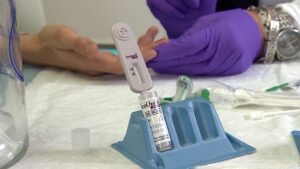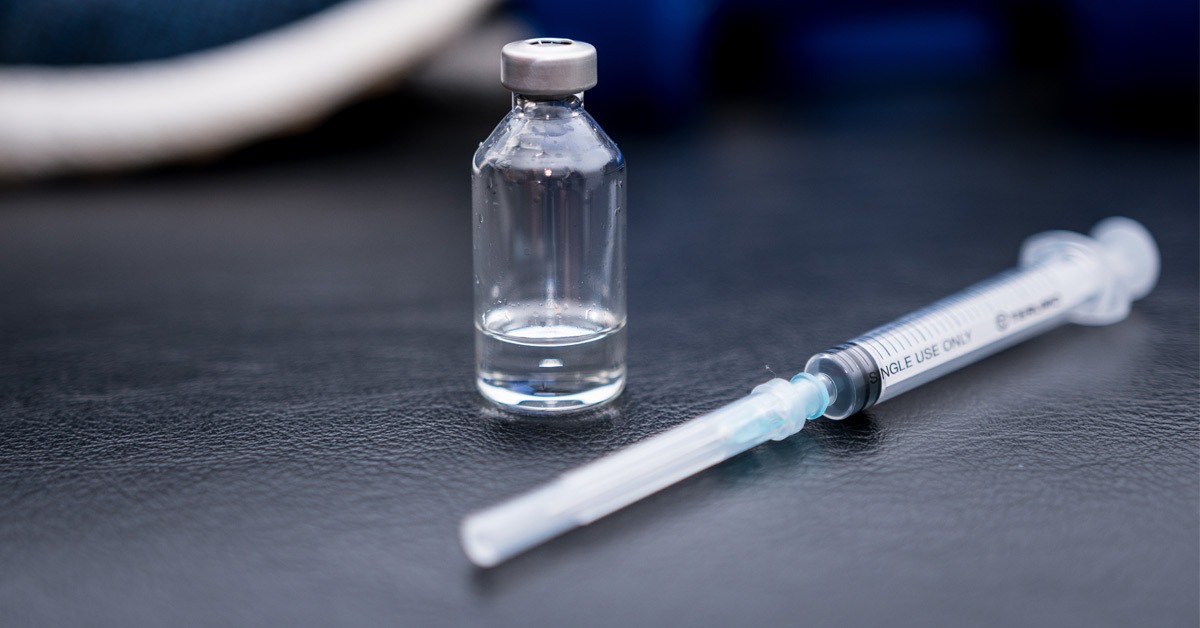Hepatitis C is a serious viral infection that targets the liver and can silently progress for years without obvious symptoms. With modern testing methods, detecting the virus early has become far more reliable than in the past. But many people still wonder: how accurate is the hepatitis C test? If you’re considering taking the Hepatitis C Test in Dubai, it’s only natural to want reassurance about its precision. After all, when it comes to your health, accurate results matter the most.
Understanding the Basics of Hepatitis C Testing
Hepatitis C testing typically involves two main steps: an initial screening test and a follow-up confirmatory test. The first is usually an antibody test that detects whether your body has ever been exposed to the hepatitis C virus (HCV). If this test is positive, a second test, called an HCV RNA test or PCR test, is conducted to determine if the virus is currently active in your bloodstream.
The purpose of this two-step process is to increase accuracy and eliminate any false positives. Just because someone has antibodies does not necessarily mean they still have the infection—it may have resolved on its own or through treatment. That’s why confirmatory testing is essential.
How Accurate Are the Antibody Tests?
The initial HCV antibody test is highly sensitive, meaning it has a strong ability to detect antibodies when they are present. Studies show that this test has a sensitivity of over 99%. However, because it detects antibodies and not the virus itself, it may not differentiate between past and current infections. This is where false positives may occasionally happen, particularly in people with autoimmune disorders or other viral infections.
Despite the small risk of false positives, the test is a reliable first step. If it’s negative and you have no other risk factors or recent exposure, you can usually be confident in the result.
The Importance of the HCV RNA (PCR) Test
The real confirmation comes from the HCV RNA test, which checks for the actual presence of the virus in your bloodstream. This test is extremely accurate and is considered the gold standard in confirming an active infection. With nearly 100% sensitivity and specificity, the likelihood of false results is incredibly low.
This test is not only useful for confirming infection but also for monitoring treatment progress. It can measure the viral load in your body and confirm whether the treatment has successfully cleared the virus.
What About the Window Period?
One critical factor in testing accuracy is the “window period”—the time between infection and when a test can reliably detect it. For antibody tests, this window is typically 6 to 9 weeks. This means that if you’ve recently been exposed to hepatitis C, an antibody test might not yet pick up the infection. However, the RNA test can detect the virus within 1 to 2 weeks of exposure, making it particularly useful for early detection.
If you believe you’ve recently been exposed and your antibody test is negative, follow-up testing with RNA may be recommended to ensure an accurate diagnosis.
Factors That Influence Test Accuracy
Several elements can affect how accurate your hepatitis C test results are:
-
Timing of the test: Testing too soon after exposure might lead to false negatives.
-
Type of test used: As mentioned, RNA tests are more accurate for detecting current infections.
-
Laboratory quality: While most modern labs maintain high standards, the accuracy can still vary slightly depending on the procedures used.
-
Underlying health conditions: Certain autoimmune conditions or infections may occasionally interfere with test results.
Understanding these factors helps manage expectations and underscores the importance of confirmatory testing in ambiguous cases.

Why Retesting May Be Necessary
In some cases, your healthcare provider may recommend retesting after a few months. This is especially true if:
-
You were tested during the window period.
-
You have ongoing risk factors for infection (such as sharing needles or unprotected sex).
-
Your initial results were inconclusive or showed a low viral load.
Retesting is a precautionary measure, not a reflection of poor accuracy. In fact, it highlights the medical community’s commitment to providing the most reliable and trustworthy results.
Trusting Modern Medical Advances
Modern medical technology has significantly improved the reliability of hepatitis C testing. With stringent international testing protocols and high-sensitivity diagnostic tools, the chances of receiving incorrect results are minimal. For individuals undergoing the Hepatitis C Test in Dubai, this means peace of mind, knowing that the results you receive are based on globally trusted standards.
Moreover, today’s tests are not only accurate but also fast. Many labs offer same-day or next-day results, helping you take prompt action in case of a positive outcome. Whether you’re testing out of caution, due to symptoms, or as part of a routine screening, rest assured that you’re in good hands with current testing methods.
Final Thoughts
Accuracy is one of the most vital aspects of medical testing, especially when dealing with a potentially life-altering condition like hepatitis C. Thanks to advanced diagnostic technology, hepatitis C tests are now more accurate than ever before, especially when both antibody and RNA tests are used together. If you’re considering taking a Hepatitis C Test Dubai, you can move forward confidently, knowing the testing methods are precise, dependable, and designed to give you the clearest picture of your health.
Taking control of your well-being starts with knowledge. And accurate testing is the foundation of that journey.
